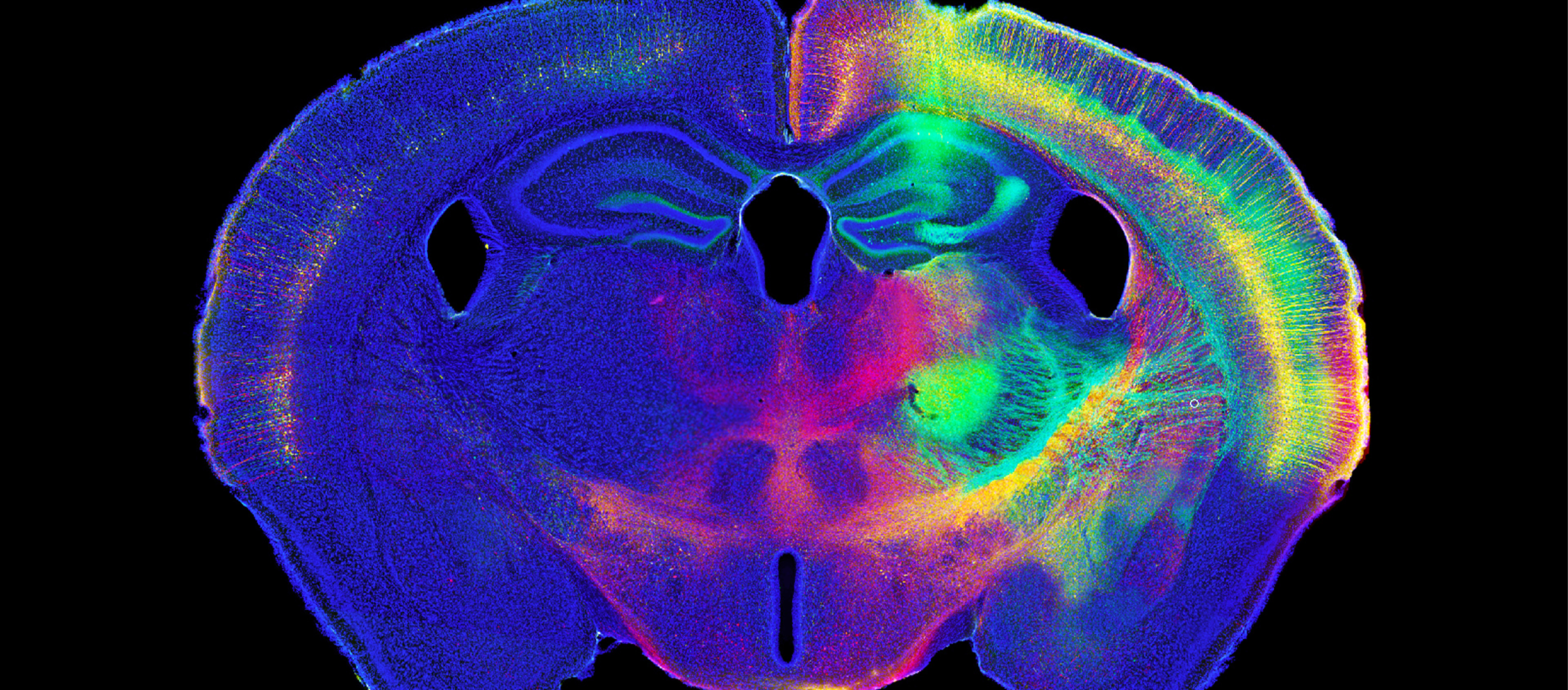There may be more evidence that schizophrenia results from a combination of genetic and environmental factors. One of these hereditary influences may be an impaired ability to synthesize the antioxidant glutathione (GSH), which results in oxidative stress, according to a study conducted by scientists at the University of Lausanne in Switzerland. By observing mice with a GSH deficit, Dr. Kim Q. Do and her team determined...
Read More
MBF Bioscience Blog
From two-sided printing to computer servers cooled by Vermont's naturally cold air, MBF Bioscience incorporates a variety of eco-conscious initiatives in its day-to-day operations. In recognition of Earth Day, MBF Bioscience President Jack Glaser shares some of the ways the company encourages an environmentally friendly atmosphere and minimizes its ecological footprint. What are some of the biggest ways MBF Bioscience makes their office more environmentally friendly? We...
Read MoreInterested in developing your design-based stereology skills? Dr. Mark West's "NeuroStereology Workshop: An Introduction to Stereology for Neuroscientists" offers an excellent opportunity for scientists to refine their techniques. The six-day workshop, held at the Marine Biological Laboratory in Woods Hole, Massachusetts, takes place April 17 - 22, 2010. A small group of graduate students, postdocs, and senior scientists will have the opportunity to design, supervise, and...
Read MoreFor the third year, MBF Bioscience has been named one of the Best Places to Work in Vermont, placing in the top ten among the state’s “Small and Medium Employers” (15-149 employees). Vermont Business Magazine created the recognition program five years ago to identify and recognize the best workplaces in Vermont. MBF was also named one of the Best Places to Work in Vermont in 2007...
Read MoreUniversity of Maryland School of Medicine researchers have used Neurolucida since it was in its embryonic stages in the 1960s. Now, nearly a half-century later, the Department of Anatomy and Neurobiology continues using Neurolucida in their research, as outlined in a recent study concerning the organization of the olfactory system. Dr. Michael Shipley and his team collaborated with scientists from Hungary and Japan on the paper...
Read MoreThe brain is one of the most important organs in the human body. It's good to salute it every now and then. Every year, universities, hospitals, schools, government agencies, and an array of other organizations around the globe embark on a campaign to increase awareness about brain research. Established by the Dana Alliance for Brain Initiatives and the European Dana Alliance for the Brain, Brain...
Read MoreVermont's young scientists showed off their brainpower last month at the state's first Brain Bee. Hosted at the University of Vermont in Burlington, the competition included 19 students from five Vermont high schools. The young scientists answered questions on human neuroanatomy, neurohistology, and patient diagnoses. MBF Bioscience is a proud sponsor of the event. "It is so important to support the education of young people in...
Read MoreAlzheimer's disease is the most common form of dementia. Most cases occur in people over 65, and are not genetically inherited. Roughly five percent of Alzheimer's patients suffer from familial Alzheimer's disease (FAD), an uncommon form that tends to strike sooner, and is related to a genetic predisposition - most commonly, a mutation in the presenilin 1 gene (PS1). A recent study, led by Dr. Miguel...
Read MoreOn Monday, March 1, the Brain Institute at the University of Utah hosts its March Symposium – Imaging Neurons. We are pleased to report that two of the neuroscientists speaking at the event are MBF Bioscience customers. Dr. Erik Jorgensen, a biology professor at the University of Utah will discuss fluorescence electron microscopy. Dr. Karl Deisseroth, a professor of bioengineering and psychiatry and behavioral sciences...
Read MoreBirds and mammals hear binaurally, hearing sounds through two ears. Binaural hearing allows them to determine which direction a sound came from—a pivotal element of survival. Doctors Armin H. Seidl, Edwin W. Rubel, and David M. Harris of Seattle’s Virginia Merrill Bloedel Hearing Research Center at the University of Washington recently published a study in the Journal of Neuroscience that may encourage scientists to think in...
Read More







